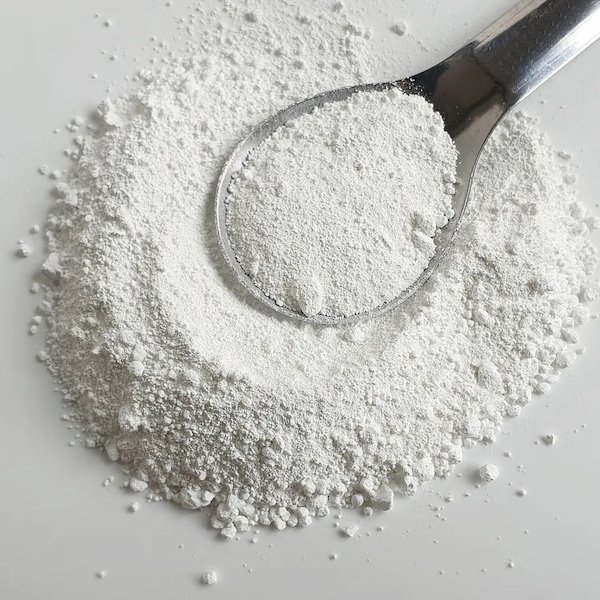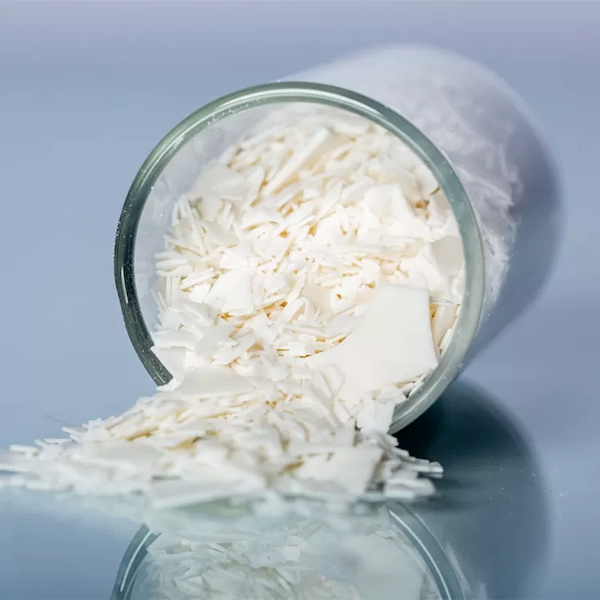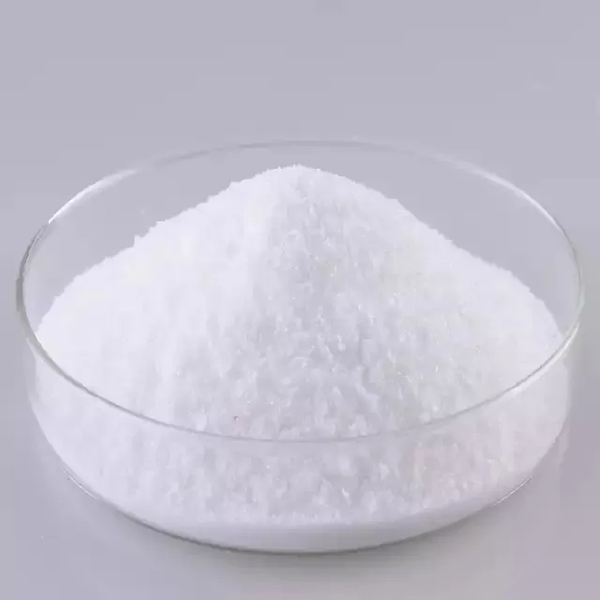Our company is a distributor in the territory of Kazakhstan of titanium dioxide (TiO2) «ANHUI GOLD STAR», whose production is located in China.
Titanium dioxide is a colorless solid crystalline substance. Titanium dioxide is not volatile, insoluble in acids and alkalis, non-toxic. Due to its structure (crystals), titanium dioxide does not absorb light, but refracts it and therefore it is used as a pigment in the manufacture of various products. The main property of titanium dioxide is giving high whiteness to the final product, that’s why this product is used in the paint, paper, plastic products, food, cosmetics and glass industries.
Titanium dioxide is widely used in the processing of plastics, for example, in window profiles based on PVC. It provides high whiteness and color intensity, protection against aging and yellowing of the material, improves the resistance of the final product to the harmful effects of the environment.
Rutile pigments disperse light better, overlap the painted surface (high index of hiding), have good weather resistance, do not lose their properties under the influence of UV-radiation.
Our company uses titanium dioxide in the production of white PVC profiles.



